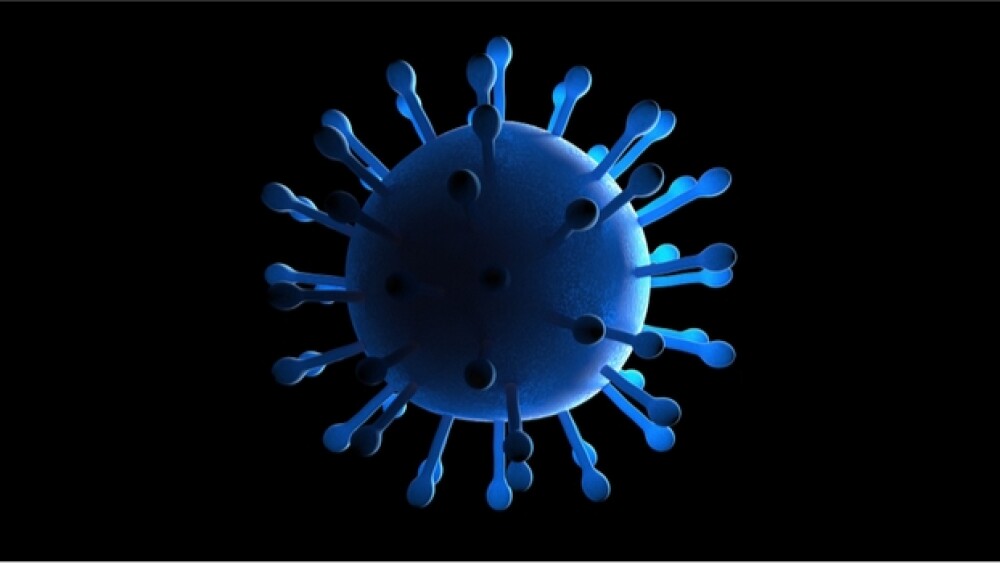Researchers with The Institute of Cancer Research, London, used a modified version of the virus used in the smallpox vaccine—vaccinia—to stimulate the immune system against cancer in laboratory animals with sarcoma.
Researchers with The Institute of Cancer Research (ICR), London, used a modified version of the virus used in the smallpox vaccine—vaccinia—to stimulate the immune system against cancer in laboratory animals with sarcoma.
In laboratory rats with sarcoma, the researchers injected the tumors with vaccinia. Although immunotherapy works quite well in many types of cancers, it hasn’t been effective in sarcoma, which is called an “immune cold” tumor, because they contain fairly few immune cells. But the immune system is already programmed to recognize viruses.
“Our study has used the fact that viruses are the ancient enemy of the immune system to infect tumors and spark a strong immune reaction against them,” stated research co-leader Kevin Harrington, Professor of Biological Cancer Therapies at the ICR and Consultant Clinical Oncologist at The Royal Marsden NHS Foundation Trust. “We showed that infecting cancer cells with a modified vaccinia virus could kill them directly, but most importantly made tumors much easier for the immune system to spot. It’s a powerful demonstration of the potential of both viruses and scientifically selected combination treatments to eradicate tumors.”
Sarcoma is a soft tissue cancer that affects connective tissue, particularly the bone, skin and other soft tissues. In the U.S., it is relatively rare, diagnosed in about 14,000 cases annually. There are more than 50 types of soft tissue sarcoma, which often have no symptoms except a lump that can be felt, usually only after it has grown fairly large.
When sarcoma is found in the limbs, the standard of treatment is surgery and radiation. But in about 30% of cases it recurs.
In their experiments, the scientists injected the rats with a triple combination of vaccinia virus, immunotherapy and chemotherapy. They isolated the bloodstream in the affected limbs, which is a routine procedure used clinically to treat sarcoma and melanoma.
In all of the animals receiving the combination therapy followed by surgery, the sarcoma was cured. The treatment not only stopped the cancer from returning, but also prevented it from spreading.
The ICR researchers are working with scientist at The Royal Marsden NHS Foundation Trust on an ongoing clinical trial of a different type of viral treatment for sarcoma. They hope to attempt this triple-combination approach as well.
“This study is a really exciting development for potential sarcoma treatment,” stated study co-leader Andrew Hayes, Consultant General Surgeon and Surgical Oncologist at the NHS Foundation Trust and team leader at the ICR. “Sarcomas are tumors that normally do not appear on the immune system’s radar and therefore can evade the body’s normal defenses, even in patients who are treated with immune-stimulating drugs. What we have shown is that when we deliver viruses by isolating limb perfusion into the center of these large tumors and add in an immune-stimulating drug the body’s immune cells enter into the center of the tumors alongside the virus.”
He added, “Not only does this combination treatment appear to be highly effective in treating the visible sarcoma in the limb, but the body’s immune system can now ‘see’ microscopic circulating sarcoma cells, and this prevents the development of secondary sarcomas elsewhere in the body.”





